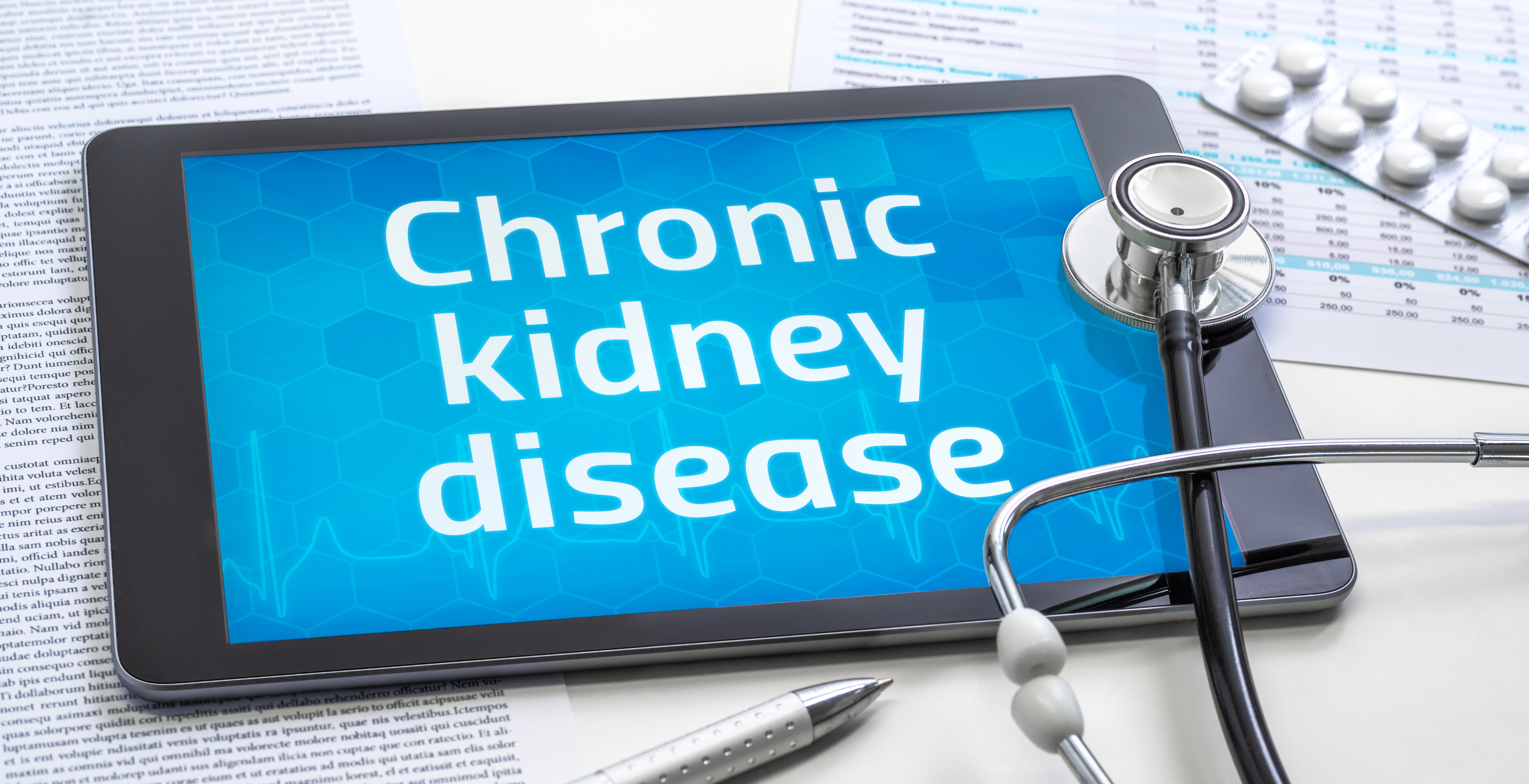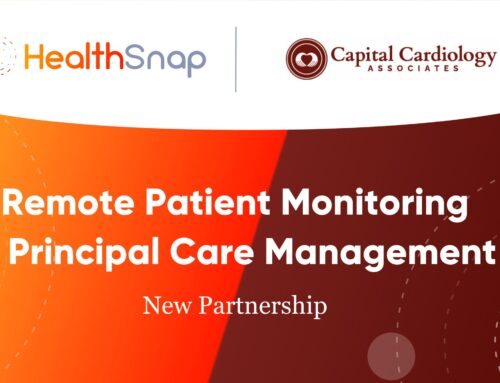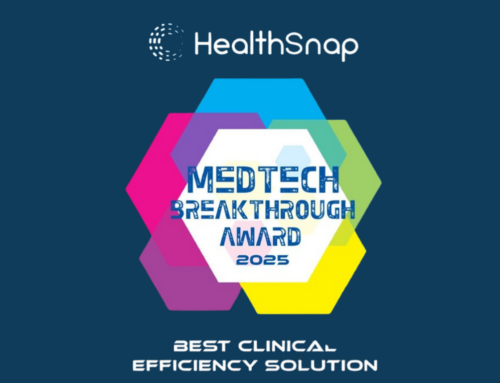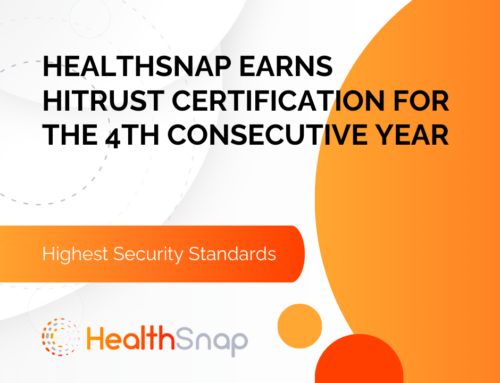Chronic Kidney Disease (CKD) is a prevalent and serious medical condition affecting millions of people worldwide. It’s characterized by the gradual loss of kidney function over time, leading to a range of complications, including high blood pressure, anemia, and electrolyte imbalances. Managing Chronic Kidney Disease (CKD) requires close monitoring and intervention to slow its progression and prevent complications.
In recent years, Remote Patient Monitoring (RPM) and Chronic Care Management (CCM) have emerged as valuable tools in the field of nephrology, offering a more proactive and effective approach to managing CKD patients. In this guide, we will examine a nephrology use case as well as review the applications, benefits, and challenges of RPM and CCM in the context of Chronic Kidney Disease.
What is Chronic Kidney Disease?
Chronic Kidney Disease (CKD) is a silent epidemic with substantial global health and economic burdens. According to the World Kidney Day campaign, Chronic Kidney Disease affects approximately 10% of the world’s population, and its prevalence is rising. The disease often remains undiagnosed until it reaches advanced stages, making early detection and continuous monitoring crucial for effective management.
CKD progresses through five stages, with the final stage, End-Stage Renal Disease (ESRD), necessitating dialysis or kidney transplantation. Early-stage Chronic Kidney Disase may not present noticeable symptoms, which underscores the importance of regular monitoring, lifestyle modifications, and medication adherence.
The Role of Remote Patient Monitoring (RPM)
Remote Patient Monitoring (RPM) enables healthcare providers to monitor patients’ vital signs, symptoms, and other health data outside traditional clinical settings. In nephrology, RPM is proving to be a game-changer for managing CKD patients. Here’s how:
Early Detection and Risk Stratification
RPM allows for the continuous tracking of key parameters such as blood pressure, serum creatinine levels, and urine protein levels. Early changes in these markers can signal Chronic Kidney Disease progression, prompting timely intervention. Remote Patient Monitoring (RPM) also aids in risk stratification, identifying patients at higher risk of complications.
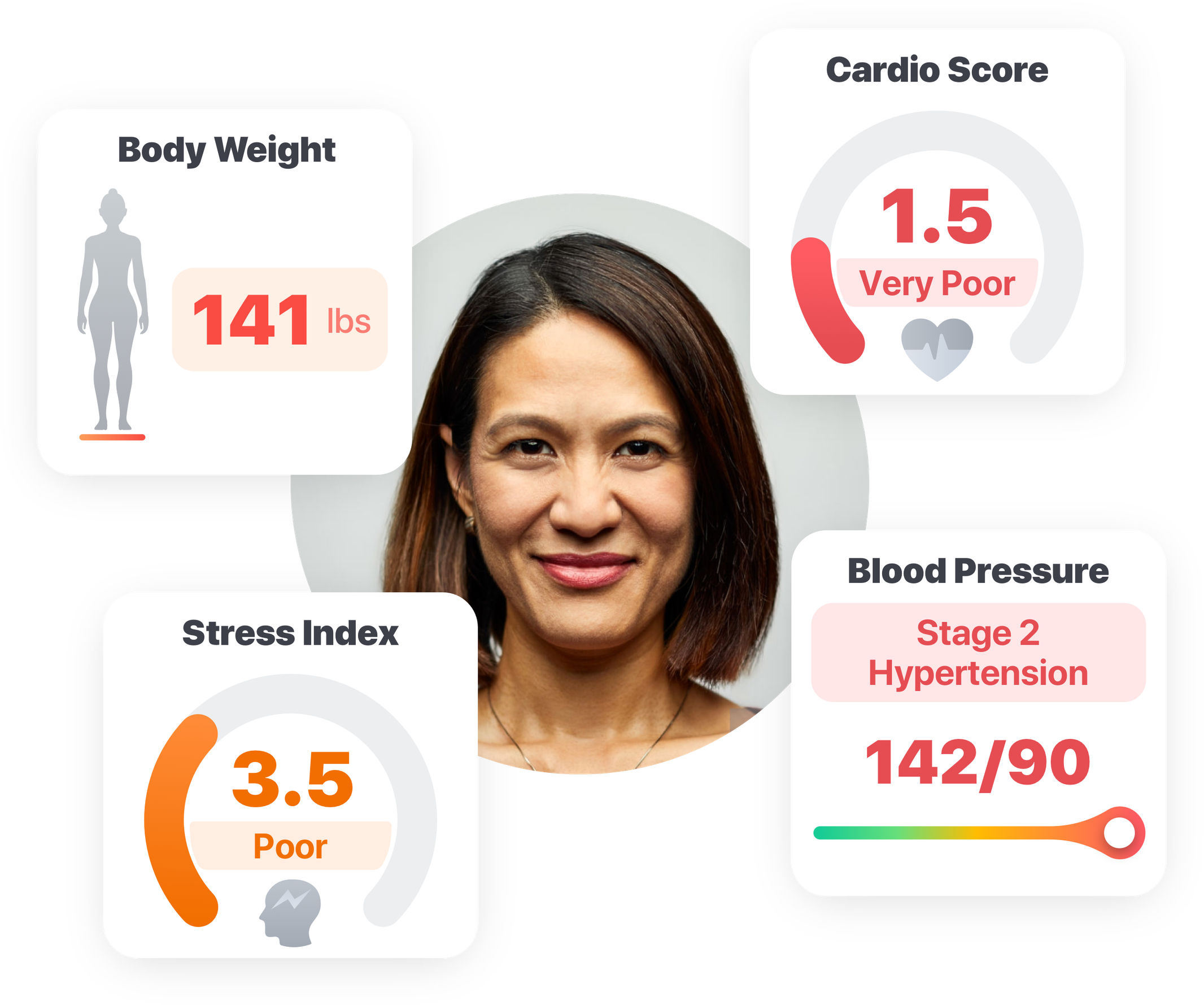
Lifestyle Modifications
Diet and lifestyle changes play a major role in managing Chronic Kidney Disease. RPM can help patients monitor their dietary intake, fluid intake, and physical activity levels. This real-time feedback empowers patients to make healthier choices and adhere to dietary restrictions which is vital no matter what.
Teleconsultations
Remote Patient Monitoring (RPM) facilitates virtual consultations with nephrologists, reducing the need for in-person visits. This is especially beneficial for patients in remote areas or those with limited mobility. Teleconsultations also provide a platform for patients to discuss concerns and receive timely guidance.
Chronic Care Management (CCM) in Chronic Kidney Disease
Chronic Care Management (CCM) is a comprehensive approach to healthcare that focuses on coordinating and managing care for patients with chronic conditions. In the context of Chronic Kidney Disease (CKD), CCM programs aim to provide holistic care, addressing not only kidney-related issues but also the patient’s overall health and well-being.
Patient Education
Educating CKD patients about their condition, treatment options, and self-care is a fundamental component of CCM. Well-informed patients are more likely to adhere to their treatment plans and make necessary lifestyle changes.

Preventing Complications
One of the primary goals of CCM is to prevent complications associated with CKD. This includes managing hypertension, anemia, and bone disorders, as well as addressing mental health issues that often accompany chronic illnesses.
Health Information Technology
CCM relies on health information technology to maintain comprehensive patient records, track progress, and communicate with patients. Electronic health records (EHRs) and secure messaging systems are essential tools in this process.
Benefits of RPM and CCM in CKD Management
-
Early Detection and Intervention: RPM devices allow continuous monitoring of vital signs, including blood pressure and weight. This enables early detection of changes in CKD patients’ health status, such as hypertension or fluid retention. Healthcare providers can intervene promptly to prevent complications.
-
Medication Management: CCM programs help ensure CKD patients adhere to their medication regimens. Managing medications effectively is critical in controlling blood pressure and slowing the progression of kidney damage.
-
Customized Care Plans: RPM and CCM programs enable healthcare providers to develop personalized care plans for CKD patients. These plans consider individual risk factors, comorbidities, and treatment preferences, optimizing care for each patient.
-
Improved Blood Pressure Control: Hypertension is a common complication of Chronic Kidney Disease. RPM devices facilitate better blood pressure control through regular monitoring and timely medication adjustments, reducing the risk of cardiovascular events.
-
Enhanced Diet and Fluid Management: RPM devices allow patients to track their daily weight, and CCM programs provide education and guidance on managing fluid and electrolyte intake, which is critical for CKD patients.
-
Reduced Hospitalizations: Early detection of deteriorating health status and proactive interventions can lead to a reduction in hospitalizations among CKD patients. This not only improves the patient’s quality of life but also reduces healthcare costs.
-
Patient Education: CCM programs educate CKD patients, helping them understand their condition (such as kidney stones, polycystic kidney disease, kidney transplant) and make informed decisions about their care. Empowered patients are more likely to engage in self-management.
-
Improved Quality of Life: By effectively managing CKD and its complications, RPM and CCM programs can enhance the quality of life for patients. This includes reduced symptoms, improved kidney function, better control of comorbidities, and the ability to maintain daily activities.
-
Data-Driven Decision-Making: RPM devices provide valuable data that can guide healthcare providers in making informed decisions about treatment plans, medication adjustments, and lifestyle recommendations to address developing kidney disease.
-
Enhanced Patient Engagement: CKD patients who participate in RPM and CCM programs become more engaged in their healthcare. They take an active role in monitoring their health and following care plans, leading to better outcomes.
-
Cost Savings: Long-term benefits of implementing RPM and CCM programs include reduced hospitalizations, complications, and the overall cost of managing Chronic Kidney Disease (CKD), while improving kidney health.
-
Scalability and Accessibility: RPM and CCM programs can be scaled to reach a broader population of CKD patients, including those in remote or underserved areas. This improves healthcare accessibility and equity.
Nephrology Use Case: How HealthSnap’s RPM and CCM Solutions Helped Achieve Improved Patient Outcomes
One of the primary contributors to Chronic Kidney Disease is uncontrolled hypertension, a condition that often goes unnoticed until significant damage has occurred. Nephrology Specialists, P.C. (NSPC), a healthcare practice in Richmond, VA, recognized the urgent need to address this issue and embarked on a journey to implement Remote Patient Monitoring (RPM) and Chronic Care Management (CCM) programs. Let us delve into NSPC’s journey, highlighting the challenges they faced, the program’s impact on patient care, and the role HealthSnap played in their success.
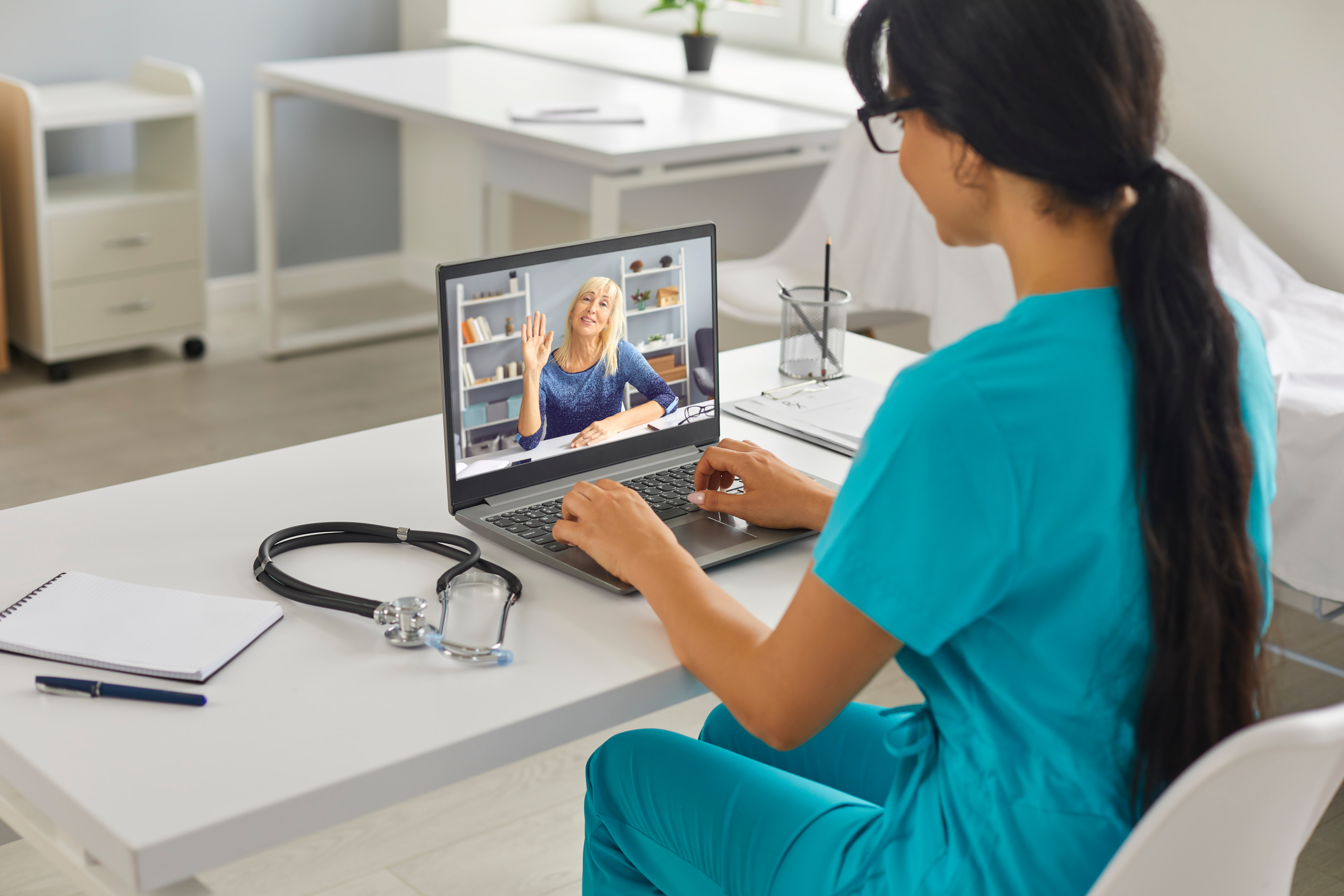
The Challenge
Historically, Nephrology Specialists, P.C. (NSPC) relied on patients to maintain daily logs of their blood pressure readings at home. However, this approach proved to be problematic, as many patients struggled with compliance due to inconsistencies in recording and the inconvenience of daily tracking. To tackle this challenge, NSPC initially implemented an Ambulatory Blood Pressure monitoring program. Unfortunately, this solution also presented hurdles, with patients finding it difficult to use the monitors properly. The issue of turning off the machines at different times during the day and night resulted in inaccurate data.
Additionally, NSPC attempted to encourage patients to maintain a daily blood pressure log at home, but compliance remained poor. The situation was further complicated by the onset of the COVID-19 pandemic, which strained the practice’s resources and made it challenging to enroll patients and conduct monthly follow-up calls for CCM.
Program Highlights
A turning point for NSPC came when they partnered with HealthSnap. Stuart West, Nurse Manager at NSPC, emphasized the significance of this partnership, stating, “HealthSnap has been a pleasure to partner with for improved patient care and outcomes.”
A key aspect of HealthSnap’s approach was the localization of their Care Navigator Nurses, who were based in the local area. This ensured that patients felt a personal connection with someone as an extension of NSPC’s office rather than someone distant.
Moreover, HealthSnap made the implementation process seamless, creating patient brochures, helping to set up automated phone lines, sending introductory letters to patients, and assisting in launching a telephone campaign to enroll patients. HealthSnap also integrated with NSPC’s Electronic Medical Record (EMR) system for billing and clinical purposes.
Results
The implementation of RPM and CCM programs brought about significant improvements in NSPC’s ability to manage patients with uncontrolled hypertension and CKD. The practice now more efficiently identifies patients with uncontrolled hypertension at home, enabling early interventions to control blood pressure. This proactive approach is expected to result in improved outcomes for patients with CKD.
Furthermore, patients reported feeling more informed and proactive in managing their blood pressure, contributing to better patient engagement and satisfaction.
From a financial perspective, NSPC found that RPM and CCM reimbursements aligned with their projections. They anticipate that these programs will have a positive impact on their overall practice and yield a favorable return on investment.
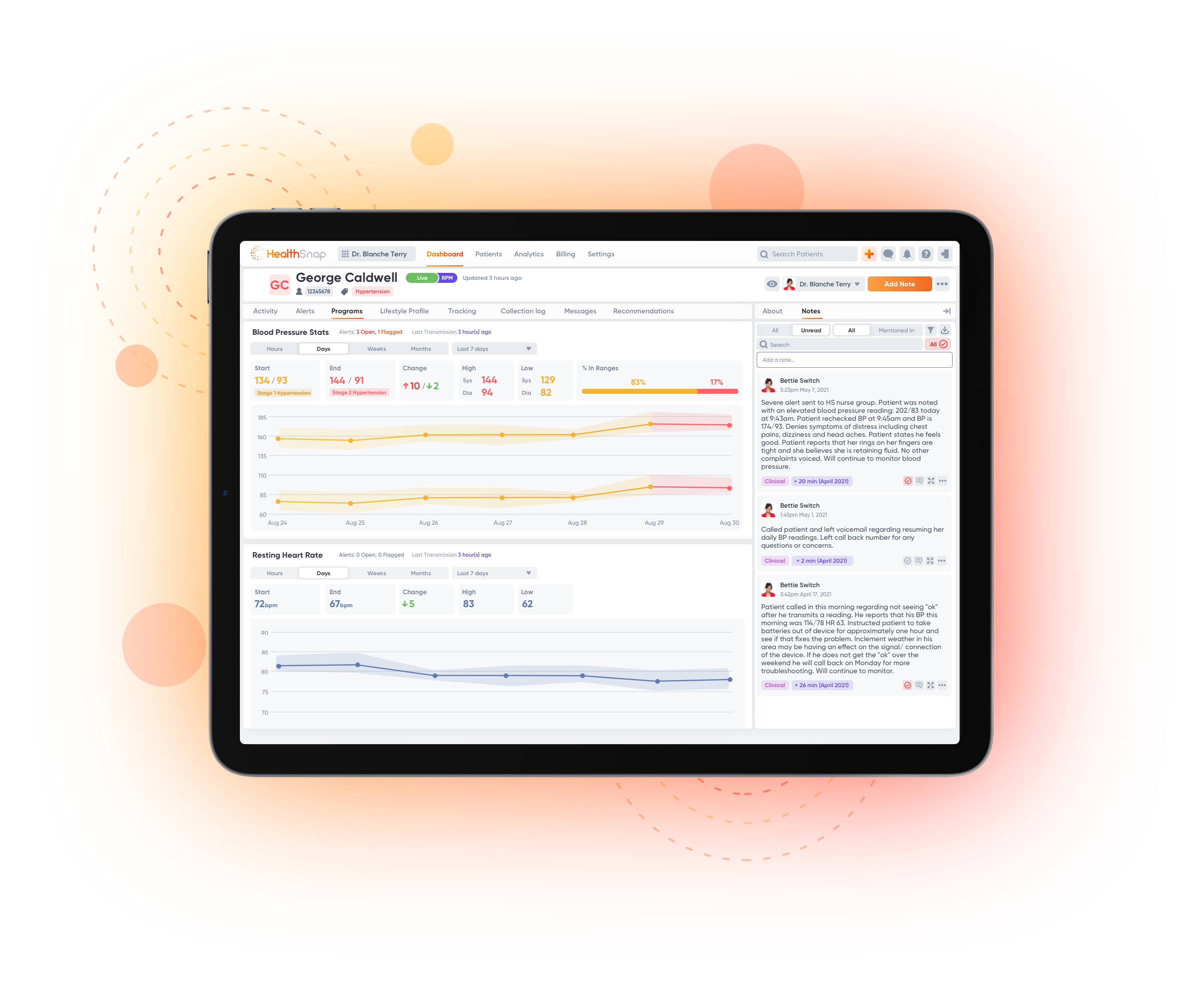
Final Assessment
The case of Nephrology Specialists, P.C. serves as a compelling example of how RPM and CCM programs can make a significant difference in managing chronic kidney disease, particularly in cases linked to uncontrolled hypertension. The partnership with HealthSnap proved instrumental in overcoming the challenges that NSPC faced, streamlining patient care, and enhancing patient outcomes.
Through a combination of user-friendly technology, localized support, and seamless implementation, HealthSnap empowered NSPC to take a proactive approach to chronic disease management. As healthcare continues to evolve, collaborations like these showcase the potential of technology to revolutionize patient care and improve the lives of individuals suffering from chronic conditions like CKD.
Transform Your Healthcare Practice with RPM & CCM
Remote Patient Monitoring (RPM) and Chronic Care Management (CCM) have the potential to revolutionize the management of Chronic Kidney Disease (CKD) and other chronic conditions. By enabling early detection, personalized care, and improved patient engagement, virtual care management programs can lead to better outcomes, reduced healthcare costs, and an enhanced quality of life for CKD patients.
As healthcare technologies continue to evolve, integrating these tools into CKD management is becoming increasingly important in the fight against this silent epidemic. Join the growing community of healthcare providers who are leveraging the power of HealthSnap’s Virtual Care Management Programs to enhance patient outcomes, drive revenue growth, and achieve improved patient care.
To learn how HealthSnap can empower your practice to thrive in the modern era of healthcare, contact us at 888-780-1872 (Ext. 3) for a complimentary demo or click here to schedule a consultation.

